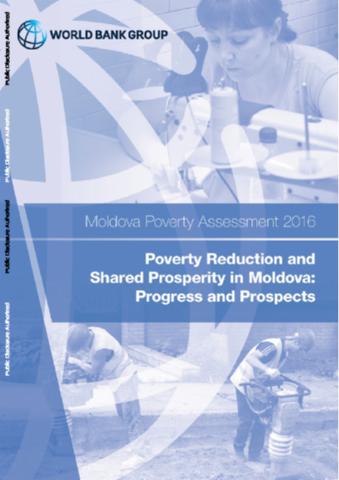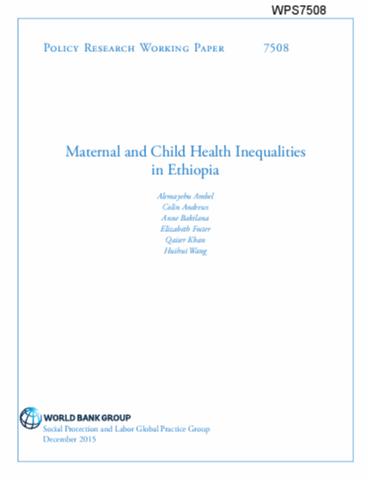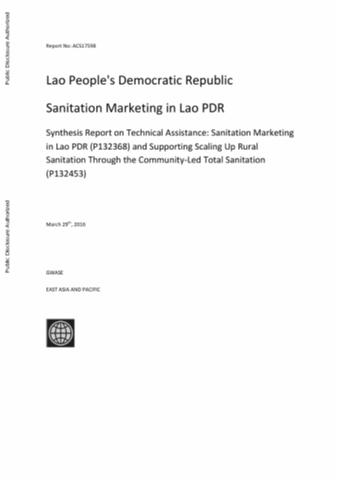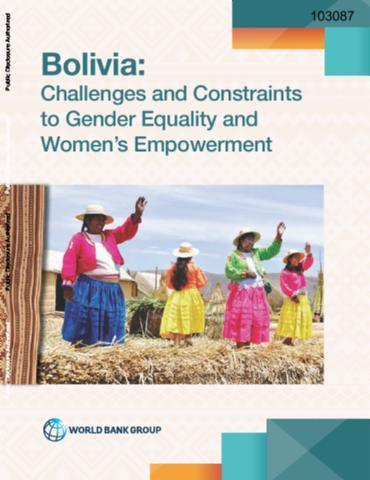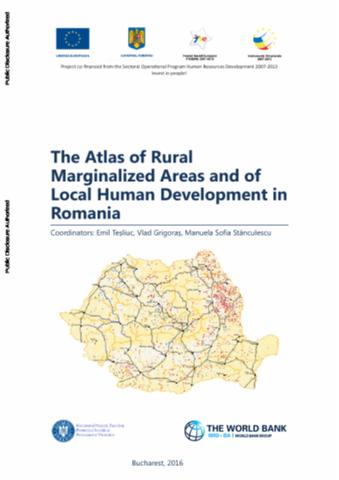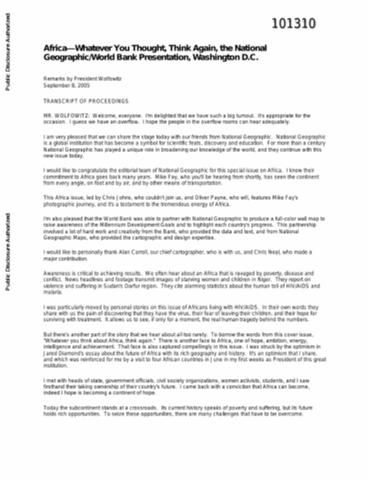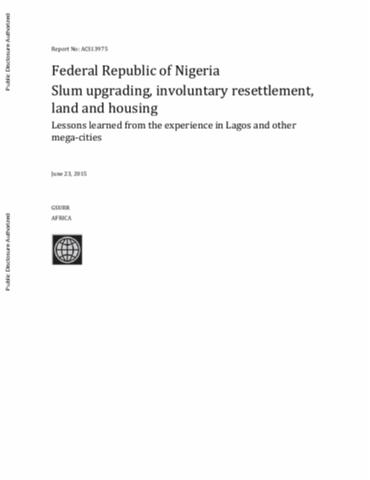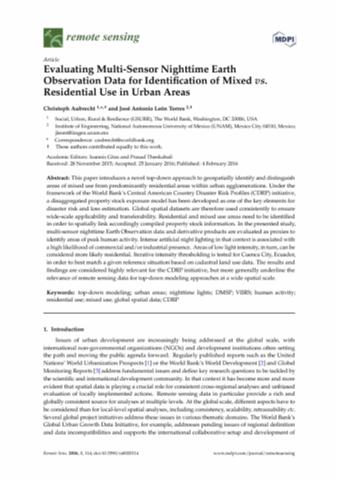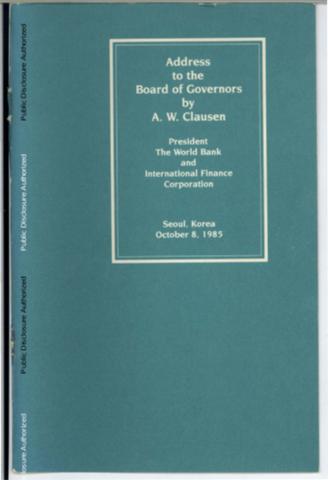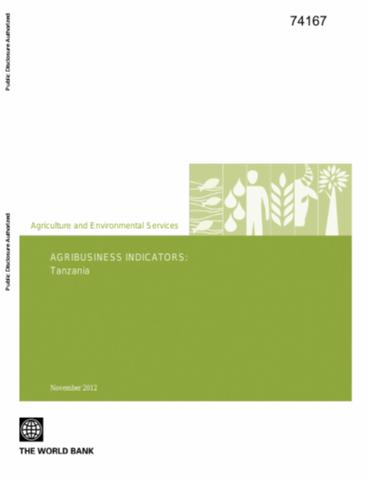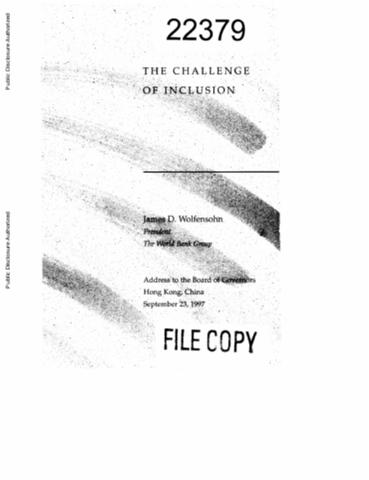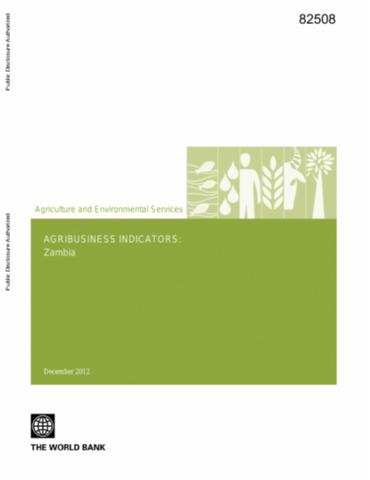Poverty Reduction and Shared Prosperity in Moldova
Moldova has experienced rapid economic growth in the past decade, which has been accompanied by reductions in poverty and good performance in shared prosperity. Nonetheless, Moldova remains one of the poorest countries in Europe and faces challenges in sustaining the progress. The challenges for progress include spatial and cross-group inequalities, particularly because of unequal access to assets, services and economic opportunities.

